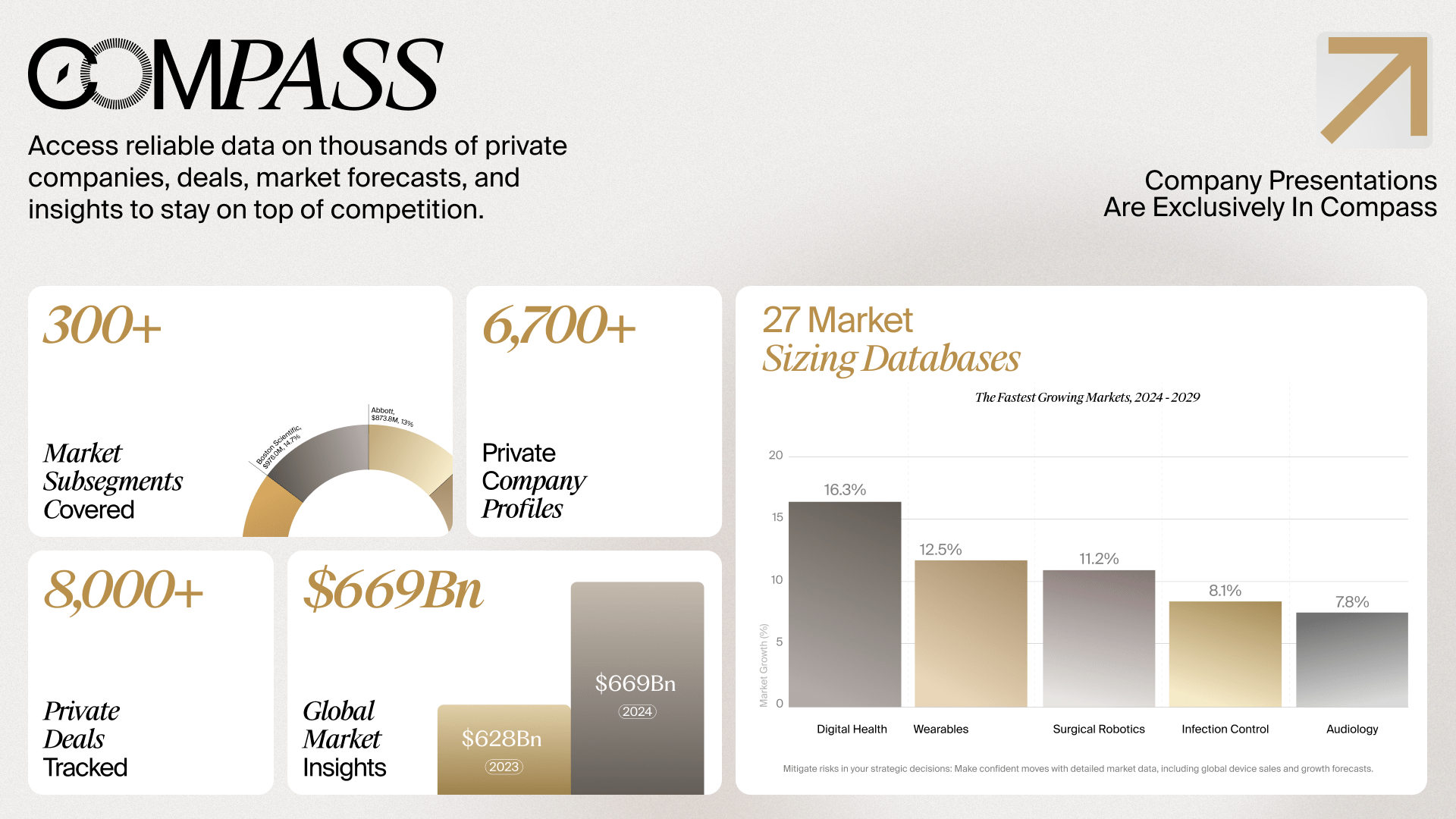- Video Library
- Docbot | Andrew Ritter, CEO
Docbot | Andrew Ritter, CEO
shaping the future of
Medtech at LSI USA ‘26
Waldorf Astoria, Monarch Beach

Andrew Ritter
Andrew Ritter is a results-driven executive with the ability to build, develop, and lead healthcare and technology organizations. Over fifteen years of corporate leadership, strategy, finance/capital markets, business scaling, and international licensing/M&A experience with deep industry relationships.
Andrew currently serves as Chief Executive Officer at Docbot, Inc., a predictive artificial intelligence (AI) technology company focused on gastrointestinal diseases. Previously, he served as the Founder and Chief Executive Officer of Ritter Pharmaceuticals, Inc., a leading biotech company specialized in the development of novel therapeutic products that modulate the human gut microbiome to treat gastrointestinal diseases. Andrew led the company through its public listing onto the NASDAQ, raised over $100 million in institutional capital for the business, and finally led its successful acquisition by Qualigen Therapeutics. In addition, he is a guest lecturer of entrepreneurship at graduate and undergraduate academic institutions, including Wharton, UCLA, USC, Pepperdine, and LMU. Andrew has been an active leader in his community, currently serving as a member of Venice Family Clinic’s Foundation’s Board of Trustees and is a member of the Young President’s Organization (YPO). Mr. Ritter holds a Bachelor of Arts Degree in Political Science and a minor in Business from the University of Southern California and his Masters in Business Administration from University Pennsylvania’s Wharton Business School.
Andrew Ritter
Andrew Ritter is a results-driven executive with the ability to build, develop, and lead healthcare and technology organizations. Over fifteen years of corporate leadership, strategy, finance/capital markets, business scaling, and international licensing/M&A experience with deep industry relationships.
Andrew currently serves as Chief Executive Officer at Docbot, Inc., a predictive artificial intelligence (AI) technology company focused on gastrointestinal diseases. Previously, he served as the Founder and Chief Executive Officer of Ritter Pharmaceuticals, Inc., a leading biotech company specialized in the development of novel therapeutic products that modulate the human gut microbiome to treat gastrointestinal diseases. Andrew led the company through its public listing onto the NASDAQ, raised over $100 million in institutional capital for the business, and finally led its successful acquisition by Qualigen Therapeutics. In addition, he is a guest lecturer of entrepreneurship at graduate and undergraduate academic institutions, including Wharton, UCLA, USC, Pepperdine, and LMU. Andrew has been an active leader in his community, currently serving as a member of Venice Family Clinic’s Foundation’s Board of Trustees and is a member of the Young President’s Organization (YPO). Mr. Ritter holds a Bachelor of Arts Degree in Political Science and a minor in Business from the University of Southern California and his Masters in Business Administration from University Pennsylvania’s Wharton Business School.

17011 Beach Blvd, Suite 500 Huntington Beach, CA 92647
714-847-3540© 2026 Life Science Intelligence, Inc., All Rights Reserved. | Privacy Policy







